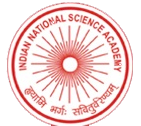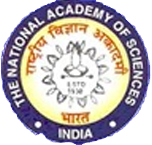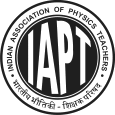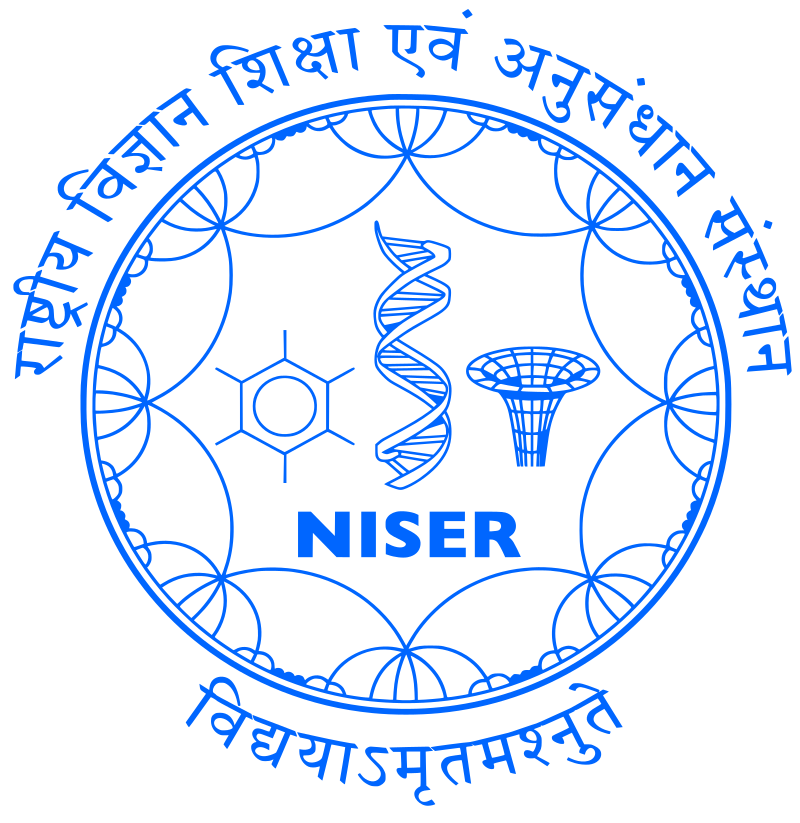ICWIP2023
8th International Conference on Women in Physics
Online Mode
10-14 July 2023




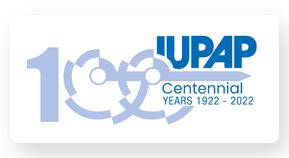
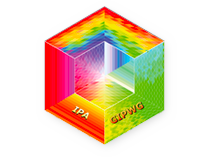
Interactive workshops
Teaching Physics Online: Issues of Access & Equity in the Classroom (SW1)
Duration: 2 hours (2:30-4:30 pm IST)
Date: 9th July 2023 (Online mode)
Coordinators: Ram Ramaswamy and V Madhurima
Number of participants: 30
Abstract: The theme for the International Women’s Day has been given by UN to be DigitAll - Innovation and technology for gender equality. Even before the COVID-19 pandemic hit the globe, education was leaning towards online modes through the use of MOOCs. Post-pandemic, online education is here to stay. In India, this is reflected in the National Education Policy 2020 which has a large online education component. On the one hand there is a noticeable gender inequity in access to digital devices and internet, ad on the other hand, the amount of time available to women teachers (and students) is restricted by societal norms.
In this workshop, an international panel of speakers will discuss the extent to undergraduate and postgraduate Physics education can be delivered online, in an environment that cannot be accessed equally by all. We will probe the nature of learning in this new environment and the efficacy of evaluation online and the role of academic administrators in ensuring quality online education.
The program will have about six speakers from various parts of the world, discussing these issues, followed by a panel discussion on “Future of Online Physics Education”.
About the coordinators
Ram Ramaswamy, formerly a Professor at the JNU, New Delhi is currently at IIT Delhi in the Department of Chemistry. He has been a strong supporter of gender equity in science. He coedited Lilavati's Daughters: The Women Scientists of India (2008). He has participated in ICWIP-2010 as a member of the Indian team and has been a part of the Women in Science panels of the IAS and the INSA. He recently coedited Fragmented Feminism: The Life and Letters of Anandibai Joshee, a biography of the first Indian woman physician written by the feminist scholar Meera Kosambi. DFOT was set up by him and colleagues in mid-2020 to help teachers in India discuss pedagogic issues in the transition from the physical classroom to online teaching in higher education.
V Madhurima is an experimental Soft Condensed matter Physicist working at Central University of Tamil Nadu, Thiruvarur. In 2020, she set up DFOT with colleagues to help teachers in India discuss pedagogic issues in the transition from the physical classroom to online teaching in higher education. She was the Chairperson of the CASHGSCU at her university, which has a largely women student population, for nearly six years. She is currently a member of the GIPWG, attended ICWIP-2021 as an observer, and is a facilitator for its mentoring program (PAWS). She is currently coordinating the NASI-CUTN outreach program on health and hygiene for women in rural areas.
Schedule
| Topic | Speaker (s) | Time (PM IST) |
|---|---|---|
| Opening Remarks | Ram Ramaswamy | 2:30 - 2:35 |
| Sharing practices | Wenny Maulina (Indonesia) | 2:35 - 2:45 |
| Ana Amador (Argentina) | 2:45 - 2:55 | |
| Muriel Botey Cumella (Spain) | 2:55 - 3:05 | |
| Breakout room | 3:05 - 3:15 | |
| Panel Discussion | V Madhurima (India - Moderator) Rosario Reserva (Phillipines) Paula Vilarinho (Portugal) Halina Rubinsztein Dunlop (Australia) | 3:15 - 3:55 |
| Breakout room | 3:55 - 4:05 | |
| Concluding Discussion | Ram Ramaswamy (India)
in conversation with Marcia Barbosa (Secretary of Strategic Policies and Programs of the Ministry of Science and Technology, Brazil) | 4:05 - 4:25 |
| Closing | V Madhurima | 4:25 - 4:30 |
Combating Biases & Improving Institutional Culture (SW2)
Duration: 2 hours (2:30-4:30 pm IST)
Date: 9th July 2023 (Online mode)
Coordinators: Deepa Chari and Vandana Nanal
Number of participants: 40
Abstract: Worldwide, physics continues to remain one of the least gender-balanced domains, with the underrepresentation being more significant at higher education levels. The overall picture in India is broadly similar to that on a global level. Research studies have connected the underrepresentation to a chilly environment, less belonging, feeling of inadequacy, less recognition, biases- amongst many others. Certain students, teachers, and professional demographics are known to disproportionately experience many of these issues, which could leave enervating effects in their lives, and the choices they make for the future. To thrive in physics communities at every level, it is important to a) sensitize the community members about these issues, and b) identify and combat these issues personally and institutionally.
The combating bias workshop design draws from socio-cultural theories of self-identity, mindset theories, and theories of social dominance. In the past 3 years the facilitators have interacted with a large group of postgraduate and graduate physics community in India through this activity-based workshop, and now aim to share the design and past workshop experiences with broader community. In this workshop, we aim to identify and discuss the impact of imposter syndrome and implicit bias, and develop strategies to confront those at the individual, peer, and institutional levels along with participants. Using these workshop activities, further avenues for professional and academic support will be brainstormed.
About the coordinators
Deepa Chari is vested in studying gender and race-ethnic underrepresentation in Physics, at Homi Bhabha Centre for Science Education. Her research in the areas of admission policies, STEM identities, support at decision-making junctures, and institutional change, has contributed to identifying gender under-representation issues in India and institutional responsibilities to address those. She is a member of GIPWG and attended ICWIP-2021 as an observer. She is active in designing mentoring workshops for physics/mathematics graduate communities to make informed career choices.
Vandana Nanal is a Professor, working in experimental nuclear and accelerator physics at TIFR. She is presently a joint chair of BARC-TIFR Pelletron Linac Facility, overseeing operation, management as well R&D aspects of the facility. She is a General Secretary of Indian Physics Association and has been a member of GIPWG since its inception. She has been a lead organiser for various IPA events in the past two years. She was involved in the organisation of the first IPA national gender conference PFP2019 at Hyderabad in 2019. She has been a joint convener of Vigyan Vidushi – a summer program for Women Students pursuing master’s in physics, to provide mentoring and guidance for career in physics. She was a co-editor of the all-women author Physics News issue in 2017. She attended ICWIP-2021 as a member of the Indian team. She actively pursues outreach efforts focussed on promoting gender equity in physics and is currently spearheading IPA mentoring workshops aimed at combating biases. She is a member of TIFR academic ethics committee since 2015.
Presentation skills for career advancement (SW3)
Duration: 90 minutes
Date: 11th July (10-11.30 AM IST)
Coordinators: Sarita Vig and Tripta Bhatia
Description: The workshop is aimed at acquainting young students, aspiring to pursue a research career. The discussions will cover topics like identifying positions to apply, preparing an application, writing a statement of purpose and/ or proposals, preparation and presentation of the project report, etc.
The workshop is open only to registered student participants of ICWIP2023.

